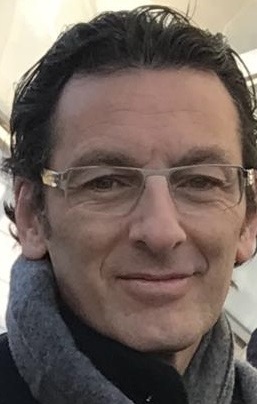Available on-demand. Login or create an account to register to view the recording.
How to claim your credits & download handouts for each webinar:
Under the "Course" tab (or "Content" tab):
- Complete the required course materials.
- Claim your credits by clicking the "Report Credit" or "Request Credit" button on the right above the course materials.
 Antoine Douaihy, MD
Antoine Douaihy, MD
Antoine Douaihy, MD, is a Professor of Psychiatry & Medicine at the University of Pittsburgh School of Medicine, Senior Academic Director of Addiction Medicine Services of Western Psychiatric Hospital, Director of Addiction Psychiatry Fellowship of the University of Pittsburgh Medical Center (UPMC), and Director of Tobacco Treatment Service of UPMC. Dr. Douaihy has focused his career on patient care, education, training, programs development, advocacy, and research in the field of addiction, psychology of behavior, and motivational interviewing (MI). He has a well-established record in conducting multisite clinical trials. He has served and currently serves as Principal Investigator (PI), Co-I, or a consultant on studies funded by NIAAA, NIDA, NIMH, SAMHSA, NHLBI, AFSP, HRSA, and CDC. Dr. Douaihy has been the recipient of multiple teaching awards from the University of Pittsburgh School of Medicine and UPMC, including the Leonard Tow Humanism in Medicine Award, the Donald Fraley Award for Medical Student Mentoring, the Sheldon Adler Award for Innovation in Medical Education, the William Cohen Award for Excellence in Clinical Skills Instruction, the Kenneth E. Schuit Award recognizing the Dean’s Master Educators, and UPMC Grand Champion, recognizing him for the qualities of a physician-scientist, academician, educator, mentor, and contributor to the medical school community and the community at large. He currently serves as a member of the Physician Workgroup on Medical Marijuana at the PA Department of Health, and as a member of the Maternal Mortality Committee at the PA Department of Health. He has also been involved in training and supervising medical trainees and psychology interns in MI, mindfulness, self-care and self-compassion practices since 2000 at the University of Pittsburgh School of Medicine. His publications include research papers, clinical writings, patients and family educational materials, and academic books about addictions, HIV, and MI.